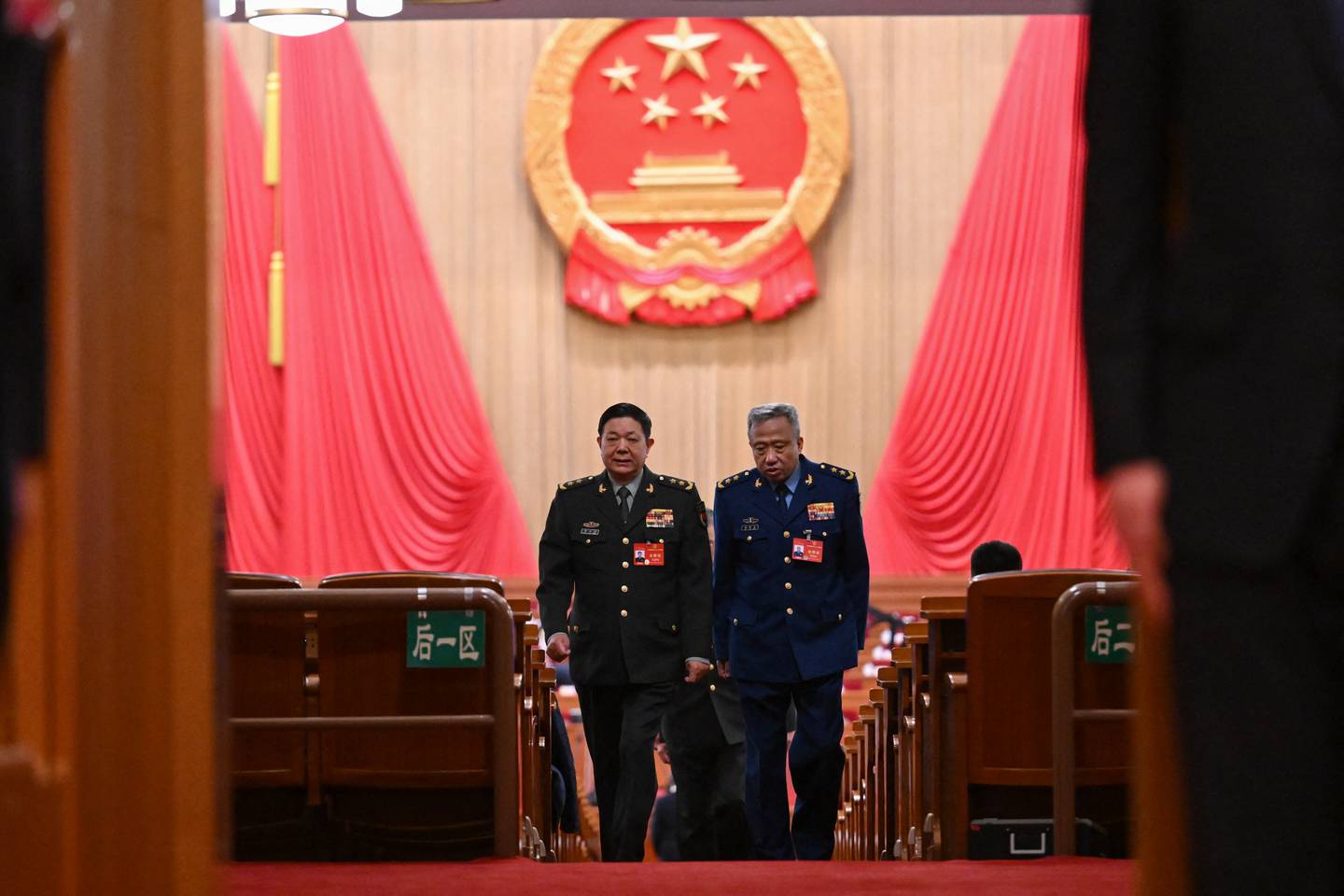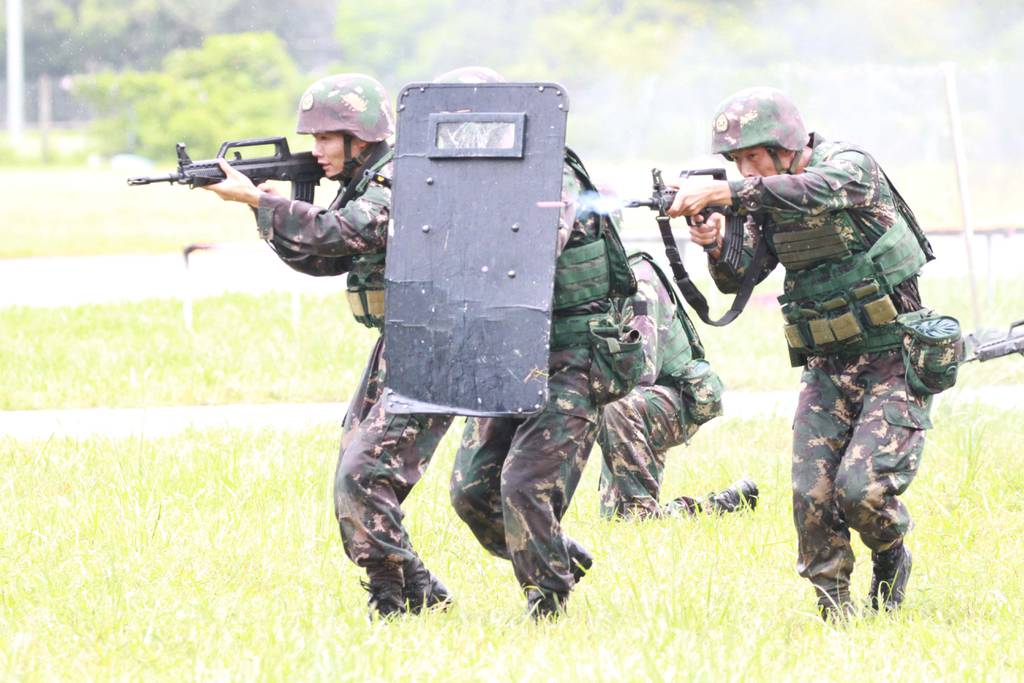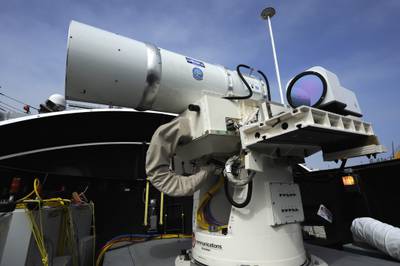CHRISTCHURCH, New Zealand — China is raising its defense budget by 7.2% for 2024, the government announced March 5 during the second annual session of the 14th National People’s Congress.
The new budget is nearly 1.7 trillion yuan (U.S. $236.1 billion) and continues a rebound after the COVID-19 pandemic. The budget had grown 6.6% in 2020, its lowest rate of increase for almost three decades.
“The percentage rise is the same as last year, and [it’s] the third year in a row where we’ve see an increase of 7% or more,” Meia Nouwens, a senior fellow at the International Institute for Strategic Studies think tank, told Defense News.
China’s military expenditure is about four times that of Japan and around 12 times larger than that of Taiwan. Beijing considers the latter island nation a rogue province and has threatened to take it back by force.
“China makes a point to note that the defense budget as a percentage of GDP [gross domestic product] is lower than that of the U.S. or NATO. Of course, the official Chinese defense budget doesn’t include all areas linked to defense,” Nouwens said.
Indeed, China’s true defense spending likely falls higher than what is officially announced. For example, its space program, which is managed by the military; defense mobilization funds; provincial military base operating costs; military pensions and benefits; dual-use research and development efforts; and paramilitary organizations like the People’s Armed Police and the Coast Guard are not incorporated into the defense budget.
The Stockholm International Peace Research Institute think tank estimated that in 2022, China’s actual defense budget was 27% higher than what the country reported.

The government also said it is targeting economic growth of about 5% in the coming year, with the defense increase clearly above this level. This represents President Xi Jinping’s continued prioritization “Chinese Communist Party security goals, including pursuing control of Taiwan while belt-tightening elsewhere,” said Andrew Erickson, a professor of strategy at the U.S. Naval War College.
However, defense spending growth is lower than the government’s overall expenditure increase of 8.6%. On the other hand, it is higher than other sectors such as public security, where spending went up 1.4%.
“The lead-up to the National People’s Congress was filled with numerous articles that mentioned Chinese officials or commentators who hinted that the increase would be reasonable and low,” Nouwens said. “It’s interesting to think about the purpose behind that messaging — whether it was intended for a domestic audience or a foreign one or both.”
“China’s economic context has not necessarily improved, and the government may have wanted to send signals that they’re not overspending on defense at the cost of other budgets. The education budget, for example, only received a 5% increase this year,” she added, noting that there was, however, a larger uptick in the science and technology budget.
The People’s Liberation Army is not enjoying the double-digit percentage increases from a decade ago, but Chinese defense spending has multiplied by a factor of 2.3 since 2013.
In delivering budget documentation to political dignitaries, Premier Li Qiang urged the government to “thoroughly implement Xi Jinping’s thoughts on strengthening the military, implement the military strategic guidelines for the new era, adhere to the party’s absolute leadership over the people’s military ... and fight hard to achieve the 100-year goal of the founding of the army.”
The PLA’s centennial occurs in 2027, and by then Xi aims to have built “a modern military.”
The same report from Li use the phrase “peaceful reunification” in reference to Taiwan. China executed more than 1,700 sorties in Taiwan’s air defense identification zone last year, compared to nearly 800 in 2021.
Li also outlined enhanced war readiness through an expansion of reserve forces, plus a pledge to improve defense-industrial capacity and coordination. Political loyalty was emphasized, too, following an ongoing anti-corruption campaign that has swept up two defense ministers and multiple generals in recent months.
Gordon Arthur is an Asia correspondent for Defense News. After a 20-year stint working in Hong Kong, he now resides in New Zealand. He has attended military exercises and defense exhibitions in about 20 countries around the Asia-Pacific region.








